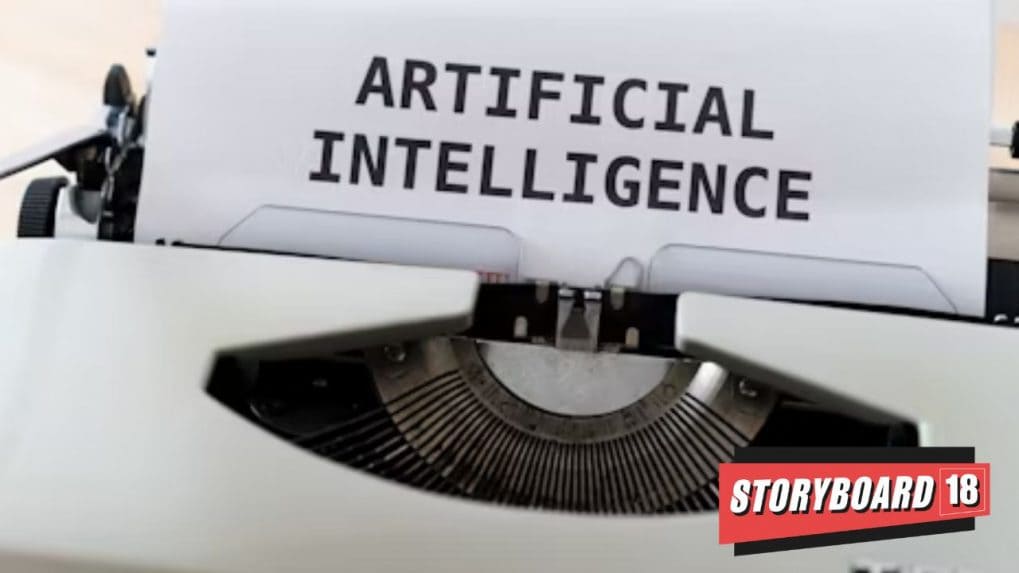Agency News
'Why buy a network that even Dentsu couldn’t fix?': Inside the gamble of Dentsu's international arm sale

The world of Artificial Intelligence has only begun to affect human lives. In times like these, staying up-to-date with the AI world is of utmost importance. Storyboard18 brings you the top AI news of the day.
OpenAI chief Sam Altman on which jobs AI will replace and which will survive
Artificial intelligence is advancing at breakneck speed, and the warnings about its impact on work are growing louder. Sam Altman, CEO of OpenAI — the company behind ChatGPT and its most recent large language model, ChatGPT-5 — has repeatedly cautioned that workers will need to skill up fast.
Appearing recently on The Tucker Carlson Show, Altman laid out his blunt assessment of where the axe will fall first. Customer service roles, he said, are most vulnerable.
Altman told Carlson that he is confident that a lot of current customer support that happens over a phone or computer, those people will lose their jobs, and that’ll be better done by an AI. He described this as the “most concerning” shift on the horizon.
Programmers, too, could see parts of their work replaced. Altman added that this will be like a punctuated equilibria moment where a lot of that will happen in a short period of time suggesting that turnover in tech jobs may occur much faster than in previous industrial transitions.
Jobs most at risk, according to Altman:
Customer service and support agents (phone or computer-based)
Programmers/software engineers (routine coding tasks)
But not every role is under threat. Altman stressed that jobs requiring empathy, reassurance and a human emotional connection would endure.
Jobs likely to survive AI:
Care roles such as nursing and healthcare providers
Positions built on providing emotional support and reassurance
Microsoft CEO Satya Nadella warns AI could render “big businesses we built” irrelevant
Microsoft employees are facing uncertainty and low morale following a fresh round of layoffs at the tech giant, the latest in a year of staff reductions. The upheaval comes as advanced artificial intelligence models continue to reshape the technology sector, prompting Microsoft to automate roles and cut thousands of jobs worldwide.
According to The Verge, many staff members now work in constant anxiety, fearing both immediate layoffs and the possibility that Microsoft’s AI initiatives could replace them with automated systems. CEO Satya Nadella is under mounting pressure to ensure Microsoft remains competitive in the AI race, where rivals such as OpenAI, Meta and other major tech players are making rapid advances. The company has responded by reducing its workforce and redirecting resources and attention toward AI development.
In addition to internal restructuring, Microsoft is actively recruiting top AI talent from competitors and reportedly prepared to make significant investments to secure the best minds. The company is effectively betting its future on AI innovation, reflecting growing industry pressure to reinvent itself.
OpenAI recruits Apple talent and supply chain to build ChatGPT device for 2027 launch
OpenAI is preparing to enter the consumer hardware market with a ChatGPT-powered device, aiming for launch by 2027, and is drawing heavily on Apple’s people and supply chain to do it.
According to a report by The Information, the Sam Altman-led firm is recruiting senior Apple staff, working with former Apple design chief Jony Ive, and securing contracts with Apple’s key manufacturers as it lays the groundwork for its first product.
OpenAI has expanded its collaboration with Ive following the AI company’s acquisition of his hardware-focused startup, io, earlier this year. The partnership has widened into active recruitment, with Tang Tan — Apple’s former head of product design and now OpenAI’s chief hardware officer — leading a talent drive that has unsettled Apple’s own ranks. The report suggests the exodus was disruptive enough for Apple to cancel its annual offsite meeting for U.S. and China supply chain teams.
Tan has reportedly enticed Apple engineers with promises of “less bureaucracy and more collaboration” at OpenAI.
To deliver large-scale manufacturing, OpenAI has secured a contract with Luxshare, the assembler behind Apple’s iPhones and AirPods. Talks are also under way with Goertek, another Apple partner, to supply key components such as speaker modules.
OpenAI pivots toward premium AI tools as compute demands rise
OpenAI is preparing to roll out a wave of new, compute-intensive products but this time, not all of them will be free. CEO Sam Altman signaled in a post on X that the company is shifting toward a more tiered model, with some features reserved for paying users and others carrying additional charges.
The move marks a notable shift in OpenAI’s product strategy. While the company has long emphasized its mission of democratizing access to artificial intelligence, the sheer cost of running its most advanced systems is forcing it to draw sharper lines between free access and premium experimentation.
“We want to learn what happens when we throw a lot of compute at interesting new ideas,” Altman said. He framed the initiative as a temporary trade-off: OpenAI is testing what its models can do at the very edge of today’s computational capacity, even if that means charging users in the near term. The longer-term goal, he stressed, remains unchanged — driving the cost of intelligence “down as aggressively as we can.”
According to LinkedIn’s research with over 1,700 B2B tech buyers, video storytelling has emerged as the most trusted, engaging, and effective format for B2B marketers. But what’s driving this shift towards video in B2B? (Image Source: Unsplash)
Read MoreIndia’s parliamentary panel warns fake news threatens democracy, markets and media credibility, urging stronger regulation, fact-checking, AI oversight and global cooperation.